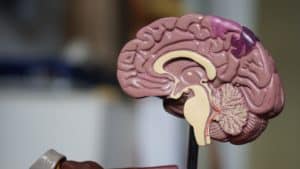
4 Types of Therapy for Addiction Recovery You Should Consider
There’s more to recovery from an addiction than just beating the cravings and avoiding triggers. Some form of therapy is a critical part of your recovery, both to relieve stress and help you move forward in life. When you have an addiction, stress and anxiety are common symptoms, which can make staying sober even harder. However, professional therapy can help you manage these issues, making it easier for you to maintain sobriety long-term. Here are some of the most commonly recommended types of therapy for those struggling with an addiction.






